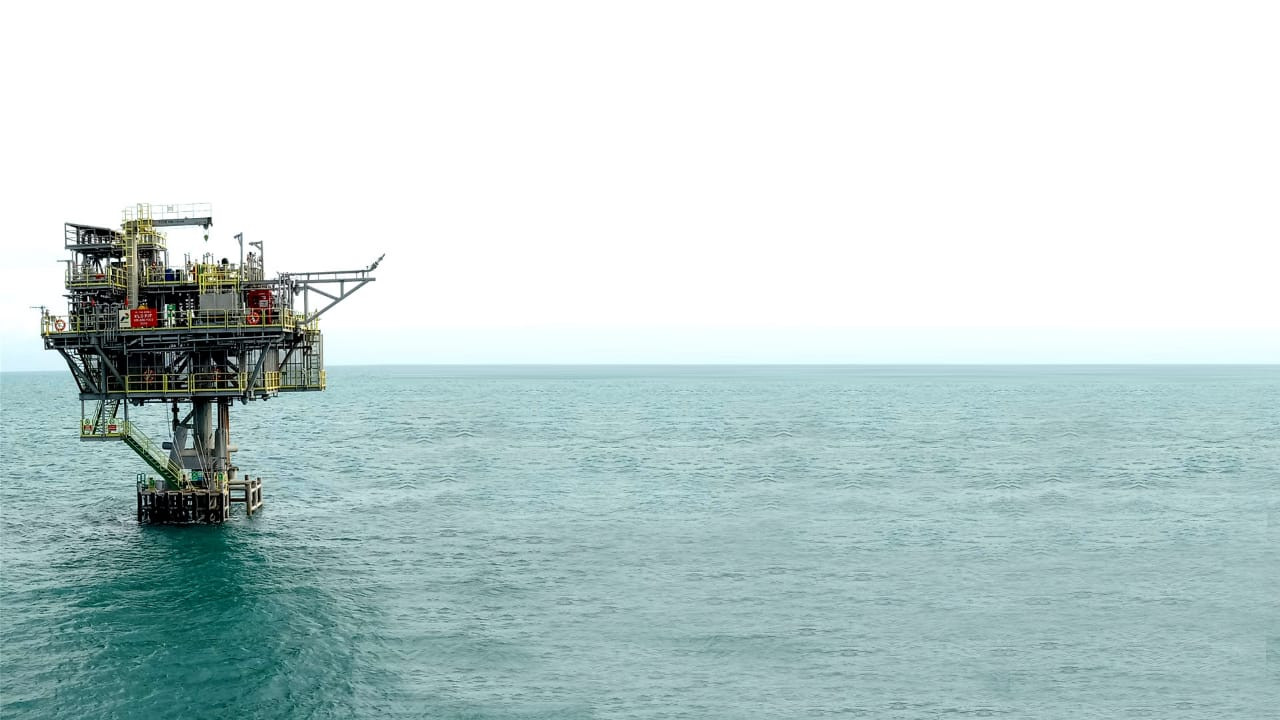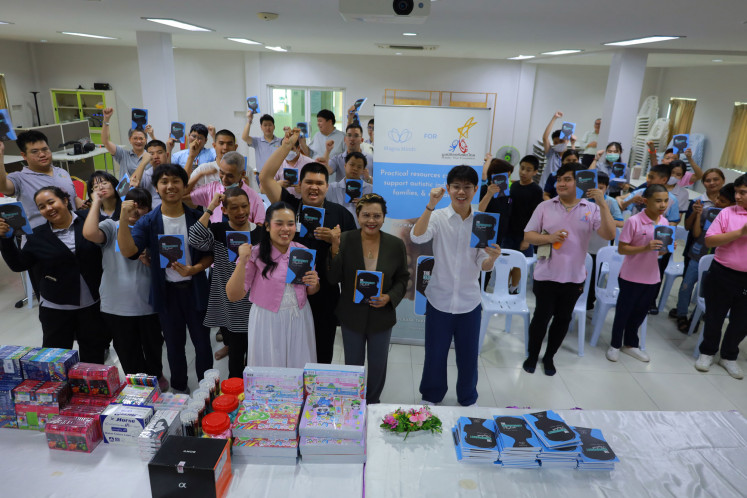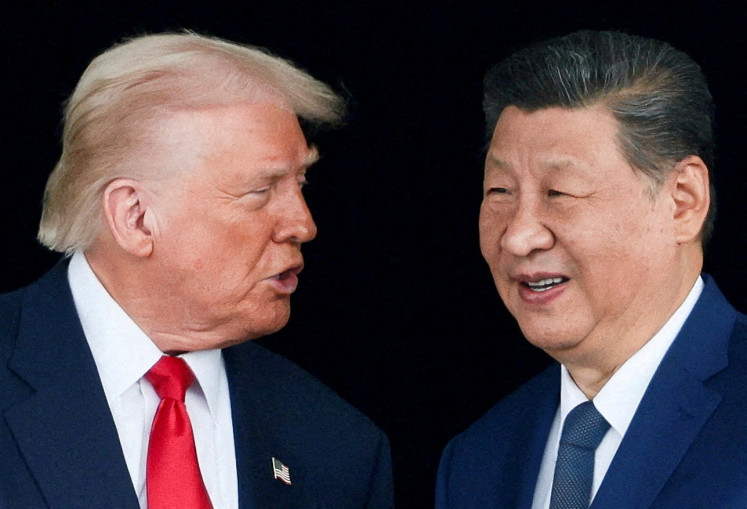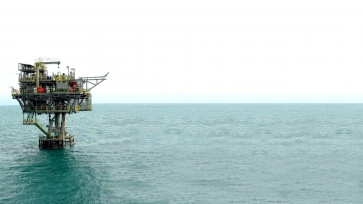Popular Reads
Top Results
Can't find what you're looking for?
View all search resultsPopular Reads
Top Results
Can't find what you're looking for?
View all search resultsNew gross split rules may not be enough to win over oil and gas investors
The government hopes new rules for gross split production-sharing contracts will lure more oil and gas investment to Indonesia, but experts say it may not be enough to significantly improve investment in the sector.
Change text size
Gift Premium Articles
to Anyone
T
he government hopes new rules for gross split production-sharing contracts (PSC) will lure more oil and gas investment to Indonesia, but experts say it may not be enough to significantly improve investment in the sector.
Energy and Mineral Resources Ministry Regulation No. 13/2024, which took effect on Aug. 12, aims to draw more investment to the country by simplifying contractors' evaluation components in PSCs and increasing their take in oil and gas projects.
Moshe Rizal, who heads the investment committee of the Association of Oil and Gas Companies (Aspermigas), said the main reason why the previous gross split rules were insufficiently attractive for exploration activities was the fact that contractors only found out about the exact split when they reached the plan of development (POD) stage. Until then, contractors did not know how large a share of the gross production they would get.
The problem was that the contracts between contractors and the government, particularly with regard to determining the split, were based on a ministerial regulation, he told The Jakarta Post on Tuesday, adding that this would make potential investors wary of future changes made by different ministries.
“What if the minister changes? What happens if the government changes? So, there's still uncertainty here,” he said, adding that, “certainty is the benchmark for investors. They will calculate every possibility. For example, in this case, I expect they will question why the rule is in the form of a ministerial regulation and not a law.”
“We appreciate the government’s efforts to improve. The new rules are helpful, but are they helpful enough to the point where investors will choose to invest in Indonesia rather than in other countries? Not necessarily,” Moshe said.
Global oil demand will peak by 2029 and begin to contract the following year, while the United States and other non-OPEC countries add to supply, the International Energy Agency (IEA) said on June 12.


















